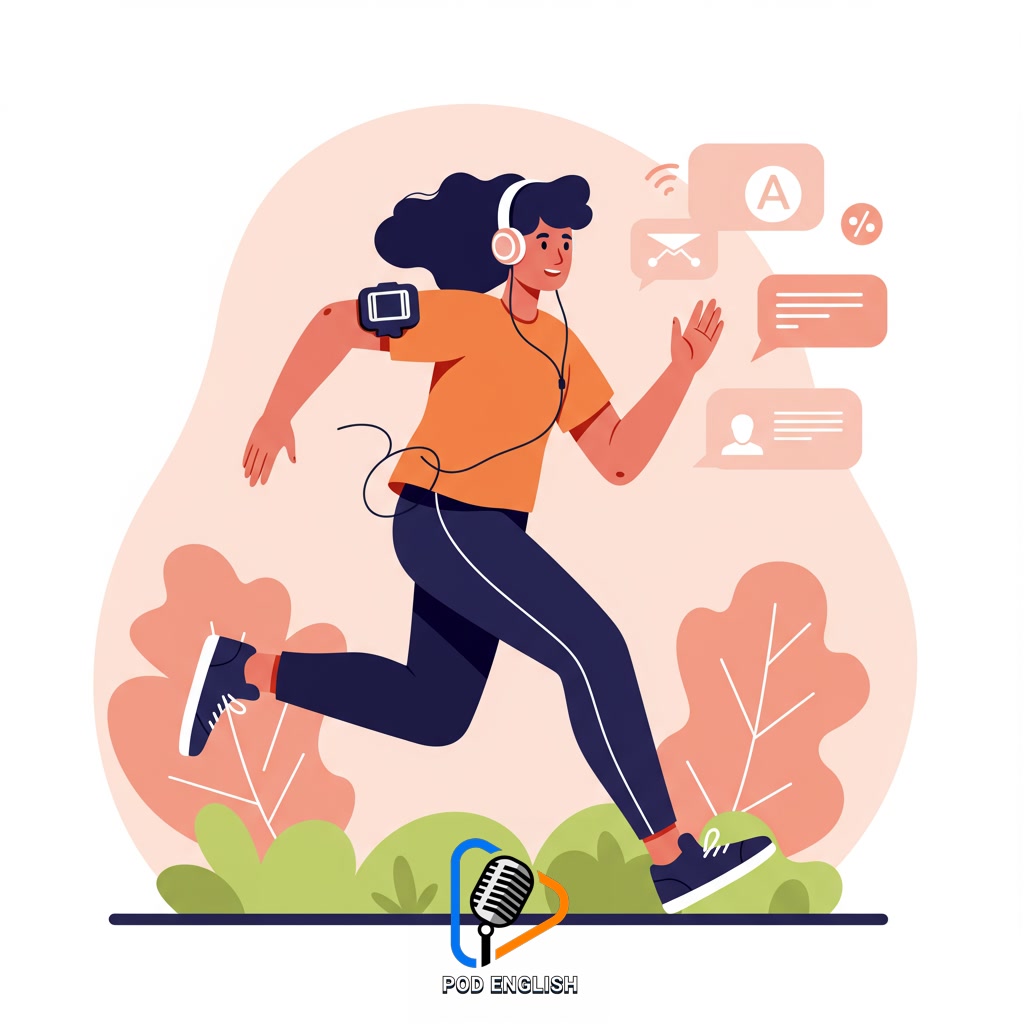Learn English
Move Your Body, Boost Your Brain: Learn English Faster

This content explores the powerful connection between physical activity and cognitive function, illustrating how moving your body can significantly boost brain performance. It highlights how leveraging this body-brain link can accelerate the process of acquiring new information and skills. Specifically, it explains strategies for utilizing physical movement to enhance learning capacity and achieve faster progress in mastering the English language.
Table of Contents
Section 1: Understanding the Brain-Body Connection
The brain and body are not separate entities; they work closely together as an integrated system. Understanding this fundamental connection is key to unlocking your learning potential. When you engage in physical activity, you don’t just strengthen your muscles; you also significantly boost your brain function. Exercise increases blood flow to the brain, supplying vital oxygen and nutrients necessary for optimal performance. It also triggers the release of important chemicals like endorphins and neurotransmitters, which improve mood, reduce stress, and enhance cognitive processes such as focus, memory, and attention span. Recognizing that your physical state directly influences your mental capacity is the first step towards leveraging this link to learn more effectively.
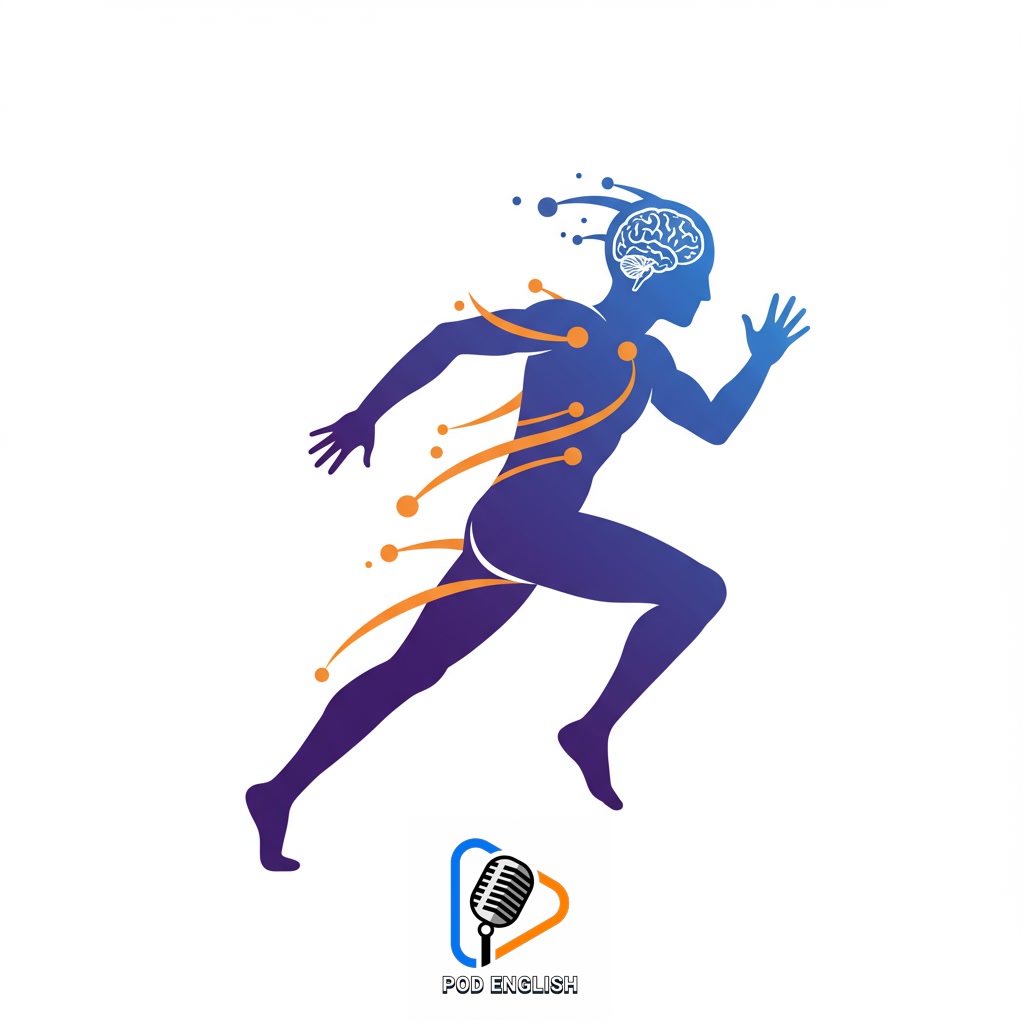
Section 2: The Cognitive Benefits of Physical Activity
Following the idea of an integrated system, physical activity directly impacts brain health and function. When you move your body, it increases blood flow to the brain, delivering essential oxygen and nutrients. This improved circulation supports the growth of new brain cells and connections, particularly in areas crucial for memory, learning, and focus, such as the hippocampus. Regular exercise also stimulates the release of neurochemicals like endorphins, dopamine, and serotonin, which reduce stress, improve mood, and enhance alertness – all factors vital for effective learning. By incorporating physical activity into your routine, you are actively creating a more receptive and efficient environment for your brain to absorb and retain new information, significantly boosting your capacity to learn complex subjects like English faster.
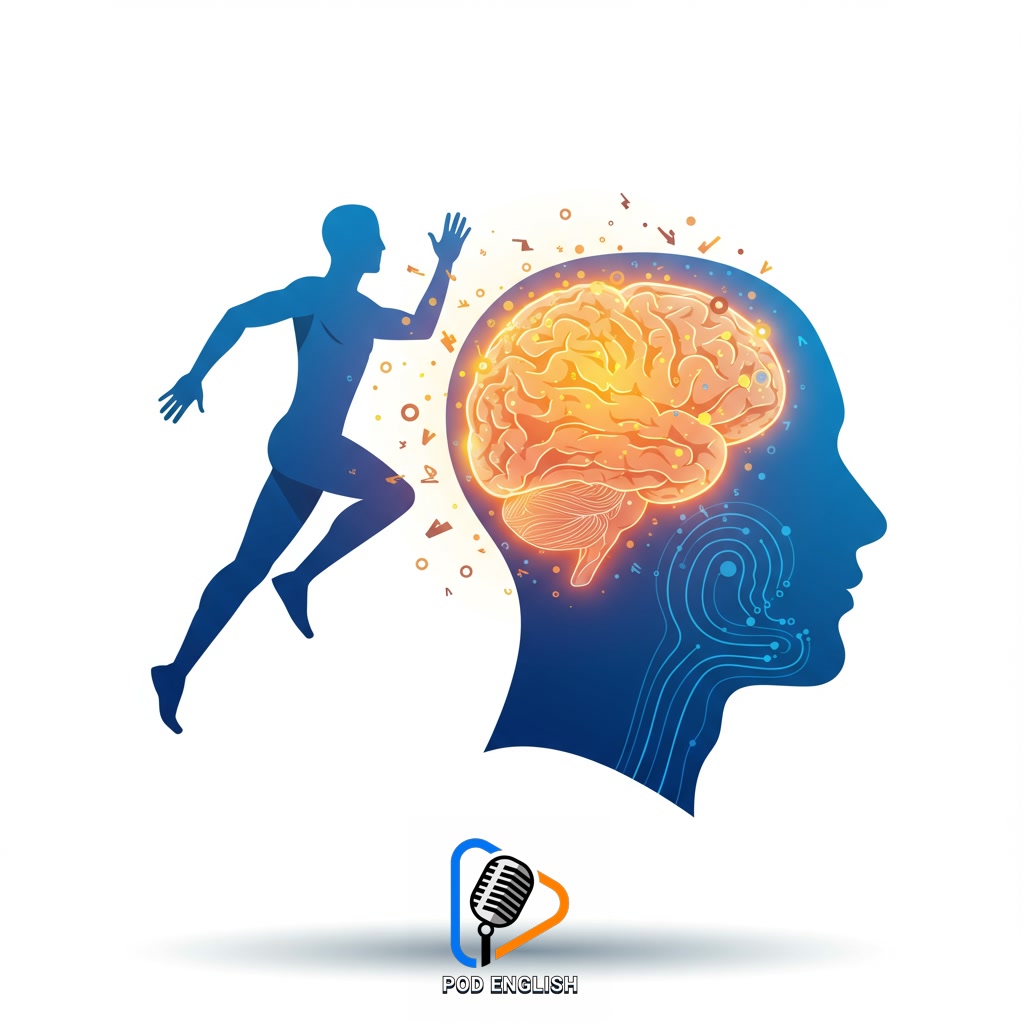
Section 3: How Movement Enhances Language Learning
Continuing from the impact on overall brain health, movement directly enhances the specific cognitive functions vital for language acquisition. Increased blood flow and oxygen supply, stimulated by physical activity, nourish brain regions critical for memory formation, attention span, and processing complex information like grammar and vocabulary. Exercise also triggers the release of beneficial neurotransmitters, such as dopamine and norepinephrine, which improve mood, motivation, and focus – all essential components for staying engaged and persistent when learning a new language. By strengthening neural pathways and improving overall cognitive agility, physical movement creates a more receptive and efficient environment within the brain, making the process of understanding, remembering, and using English faster and more effective.
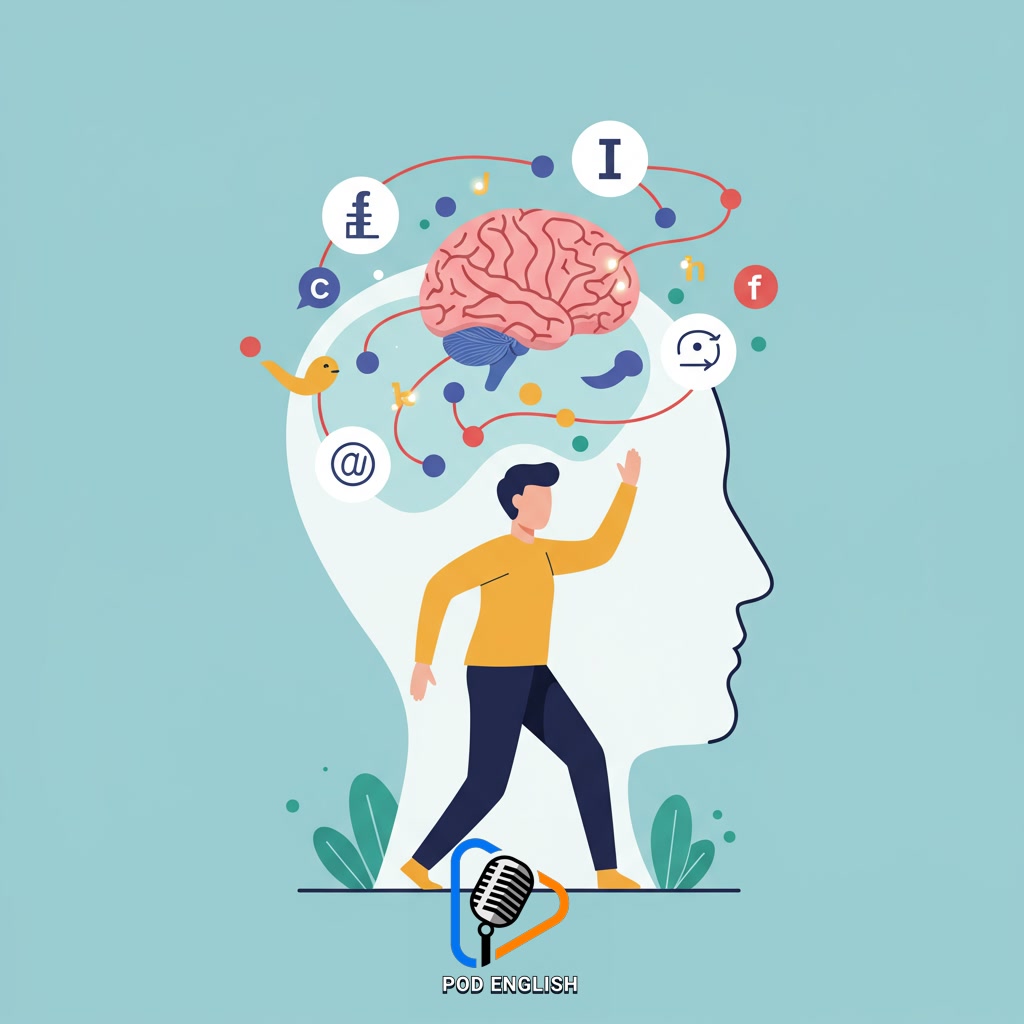
Section 4: Practical Ways to Combine Exercise and English Study
Leveraging the brain-boosting effects of physical activity for language acquisition is straightforward with a few practical strategies. Integrate English listening into your cardio: listen to podcasts, audiobooks, or news while walking, running, or cycling. Utilize downtime during strength training or stretching for quick vocabulary reviews with flashcards or a language app. Consider following fitness instructors or workout videos in English to combine physical activity with listening comprehension practice. Even simple actions like describing your exercise routine or surroundings in English during a cool-down walk can reinforce learning. The goal is to weave English study seamlessly into your existing or new exercise habits, making learning more dynamic and less sedentary.
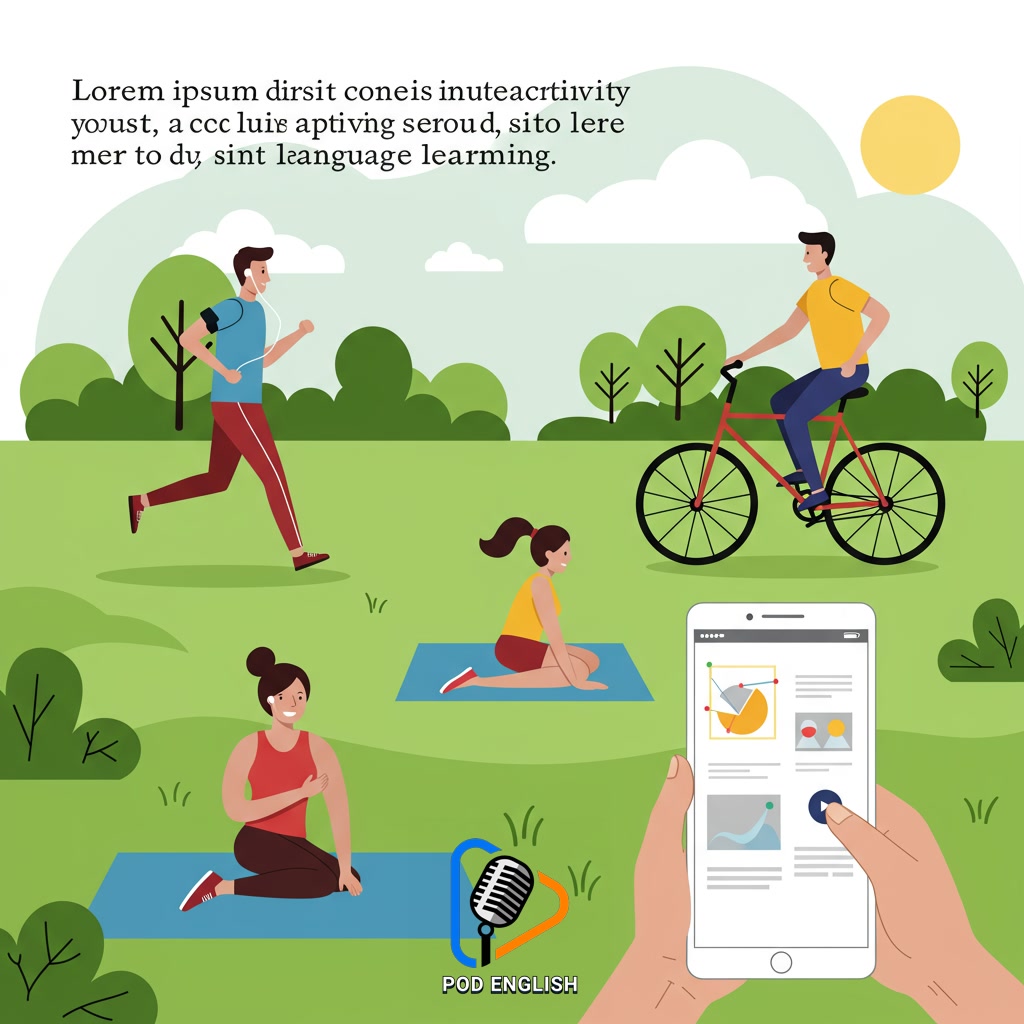
Section 5: Integrating Movement for Faster English Progress
Building on the idea of integrating listening into cardio, consider adding movement to other English learning tasks. Try walking while reviewing vocabulary flashcards, or doing simple stretches while practicing speaking dialogues aloud. Even short bursts of physical activity before studying can significantly improve focus and memory retention. Interactive learning games that involve physical movement, like charades for vocabulary or acting out scenarios, can make learning fun and embed new words and phrases more effectively. These strategies connect the physical and mental, creating stronger neural pathways for language acquisition. By actively involving your body, you make the learning process more dynamic and memorable, leading to faster progress in mastering English.
